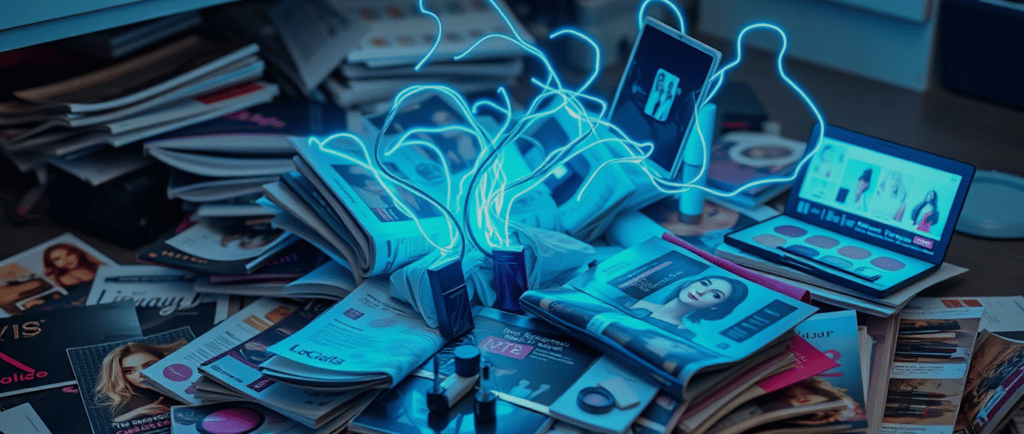The Fading Stage Lights: Luxury Beauty’s Pivot in China’s Rewritten Retail Script
8/2/20252 min read


In the shimmering corridors of Shanghai’s grand department stores, beauty counters once stood as icons of aspiration. Rows of lacquered lipsticks and jewel-toned perfumes gleamed like artifacts of a bygone era, tended by polished ambassadors who decoded skincare routines with the precision of seasoned artists. These counters were not just points of sale—they were theaters where luxury performed its most captivating act: turning curiosity into allegiance. Now, the curtains are slowly drawing, their audiences lured away by the glow of handheld screens and the allure of a reinvented playbook.
China’s retail landscape, a collision of legacy and hyper-modernity, pulses with paradox. The quiet retreat of beauty counters mirrors a deeper transformation: a generation raised on Douyin livestreams and Xiaohongshu’s digital diaries no longer seeks discovery under fluorescent mall lights but in the quiet glow of their devices. Algorithms, not attendants, curate regimens. Key Opinion Leaders, not counter managers, crown the next cult product. For luxury beauty brands, this shift demands reinvention—a reimagining of exclusivity’s choreography for an audience scrolling at lightning speed.
But this is not a requiem for the tangible. In Beijing’s Sanlitun and Shenzhen’s MixC, flagships emerge as laboratories of sensory storytelling. Augmented reality mirrors conjure flawless complexions with a tap; immersive installations blend rose-infused creams with calligraphy workshops. The sale fades into the background, eclipsed by the spectacle. Luxury beauty, once content to dazzle from behind polished glass, now embeds itself into lifestyles—through collaborations with local avant-garde designers or VIP suites where skincare becomes a bespoke performance.
Yet beneath the innovation simmers a quiet tension. Can heritage brands, rooted in the lore of Parisian ateliers or Swiss precision, preserve their mystique in an era where immediacy rivals exclusivity? When a livestream moves 10,000 serums in minutes, does scarcity lose its magnetism? Or does it evolve, reborn in hybrid gestures—a digital masterclass bundled with a hand-embossed case, or a virtual rendezvous with a perfumer tracing centuries-old techniques?
The decline of beauty counters is not an ending but a metamorphosis. Luxury’s script is being rewritten, not by erasing tradition, but by marrying it with audacious reinvention. The question remains: In a world where every scroll can spark a connection, what becomes of the stage?
